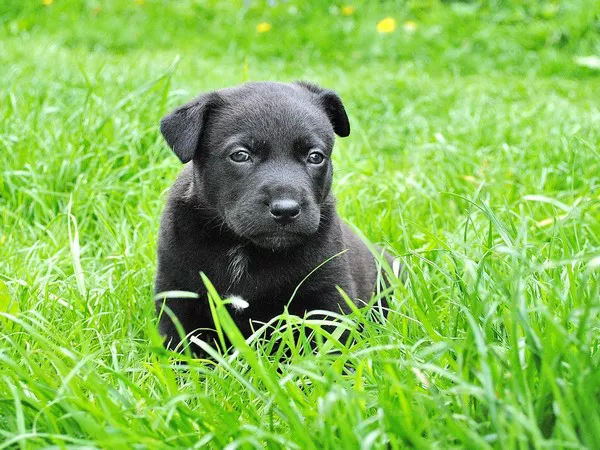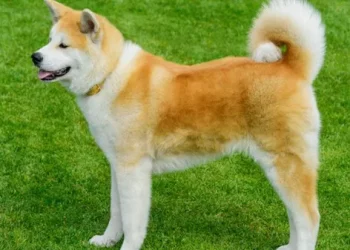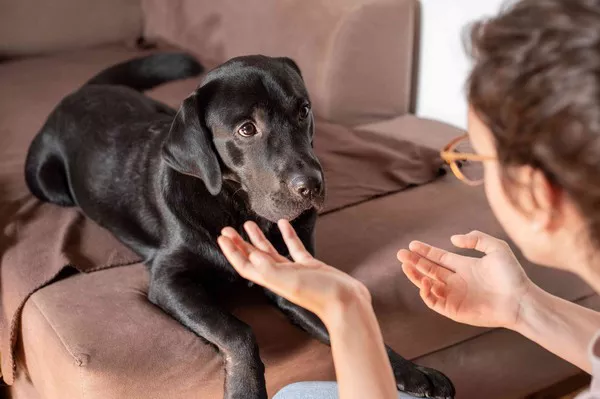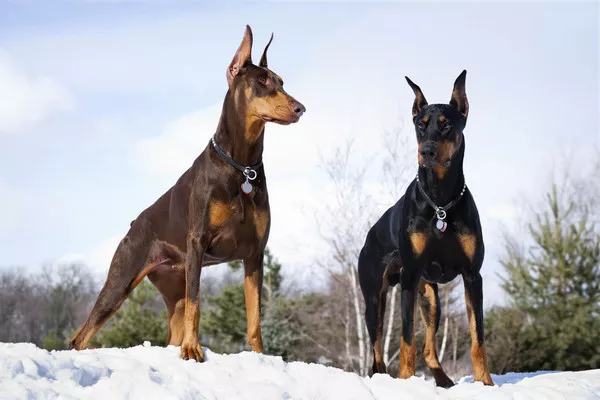Akitas are a powerful and majestic breed of dog with a rich history in Japan. They were originally bred as hunting and guard dogs and have become popular worldwide as companion animals. One question that often comes up about Akitas is whether they are aggressive.
The answer to this question is not a straightforward yes or no. Akitas are known for their independent and strong-willed nature, which can sometimes be misunderstood as aggression. However, with proper training and socialization, Akitas can be loyal and affectionate companions.
Like all dogs, Akitas can display aggressive behavior in certain situations. This behavior can be caused by a range of factors, including fear, territorialism, or lack of socialization. It is crucial to understand the signs of aggression in Akitas and take steps to address it before it becomes a significant issue.
One common cause of aggression in Akitas is lack of socialization. Akitas are naturally protective of their families and can become aggressive towards strangers or other dogs if they are not exposed to different people and animals from an early age. Proper socialization is essential to help Akitas learn appropriate behavior and develop positive associations with new people and animals.
Territorialism is another common cause of aggression in Akitas. They have a strong sense of territory and can become aggressive towards unfamiliar people or animals that enter their space. Proper training can help Akitas learn appropriate boundaries and help prevent territorial aggression.
Fear can also trigger aggressive behavior in Akitas. They can become fearful in new or unfamiliar situations and react aggressively to protect themselves or their families. It is crucial to identify and address the source of fear and provide positive reinforcement training to help Akitas feel more comfortable in these situations.
It is also important to note that Akitas can be strong-willed and stubborn, which can sometimes be mistaken for aggression. They have a natural instinct to protect their families and can be territorial, which can lead to guarding behavior. Proper training and socialization can help address these tendencies and help Akitas become well-adjusted and well-behaved companions.
In conclusion, Akitas can display aggressive behavior in certain situations, but this behavior can be prevented and addressed with proper training and socialization. It is important to understand the underlying causes of aggression in Akitas and take steps to prevent it before it becomes a significant issue. With proper care and attention, Akitas can be loyal and loving companions for their families.

























